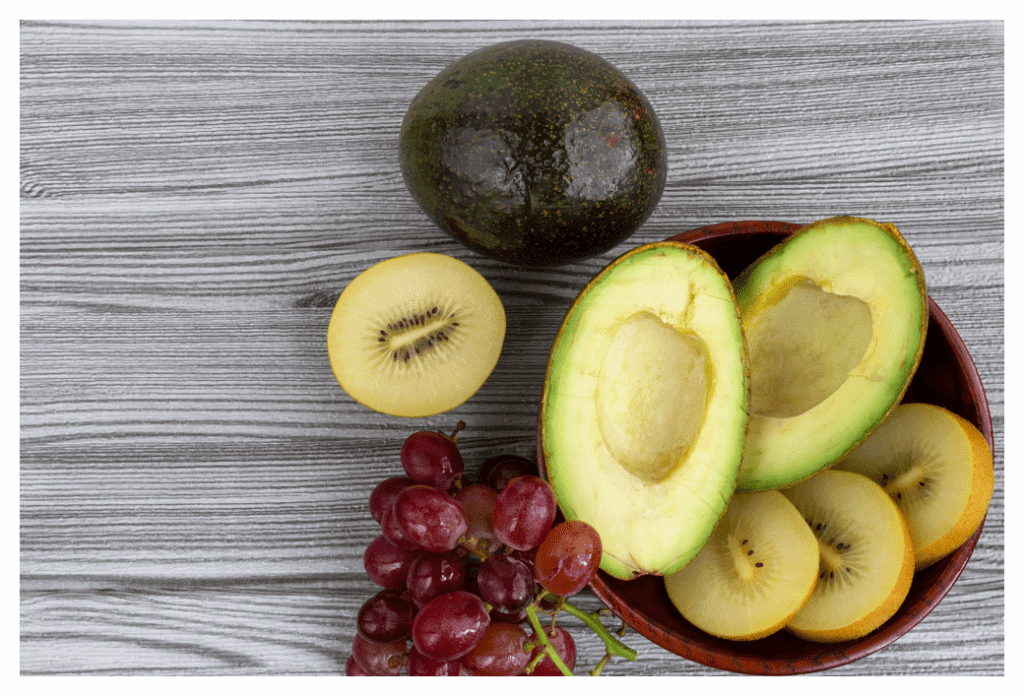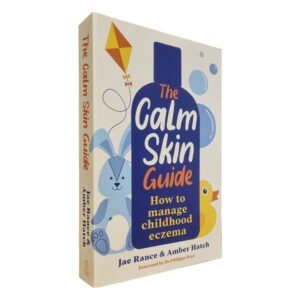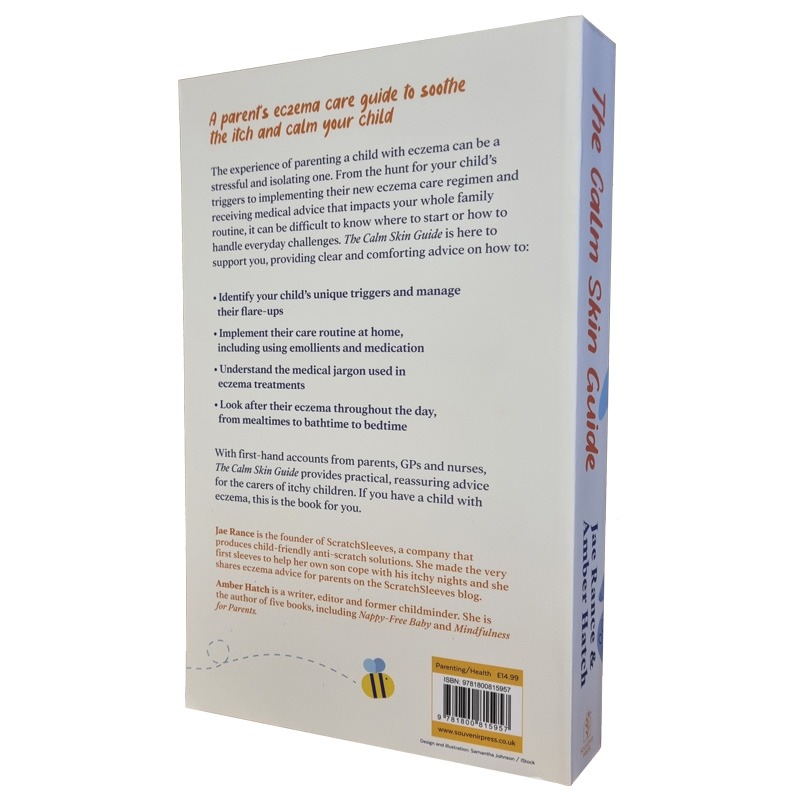Do intolerances to chemicals naturally occurring in food affect eczema?



Whilst the link between eczema and allergies to specific foods like milks, eggs and nuts are well understood, research suggests that it is possible for some eczema sufferers to be sensitive to chemicals that occur naturally in foods typically seen as healthy, like fruit and vegetables.
Plants contain an enormous range of chemicals which possess important physiological, ecological and protective properties. Our livers have evolved to detoxify and excrete the majority of these chemicals. However many foods contain chemicals capable of provoking adverse reactions if eaten in sufficient quantities by sensitive individuals. Adverse reactions to these chemicals can include a huge range of symptoms including eczema, colic or reflux, fatigue, runny nose and migraine.
We look at the most troublesome of these chemicals: the salicylate family, amines, glutamate (MSG) and artificial preservatives. These sensitivities are difficult to pin down as there is no single source and the reactions seem to be dose dependent. This means that symptoms so will come and go with no obvious pattern.
Which chemicals in food are thought to aggravate eczema?
Salicylates
Salicylate is a natural chemical often found in plants and used for self-protection from diseases, bacteria, fungi and insects. Salicylates are found in many fruits, vegetables, herbs, nuts and spices including mango, carrots, sweet potato, most apples, green leafy vegetables and peas. Salicylates can also be found in some teething gels.
One early study suggests that salicylate intolerance has been shown to trigger or worsen symptoms of eczema in 50% of adult eczema sufferers1. Another study tentatively suggests that around 2.5% of the European population is affected2. There is currently no data for salicylate intolerance in children. However, taking the two figures together does suggest that the proportion of eczema children with salicylate intolerance is likely to be much smaller than the proportion of eczema adults.
Amines
Amines (including histamine) are formed during the breakdown and fermentation of protein and are found in a wide variety of foods including avocados, berries, dried fruit. They are also found in all fermented foods including kefir and soy sauce, most fish, deli meats and yeast extract (and wine, but this is unlikely to be an issue for your eczema child). It’s useful to know that amines build up in foods over time. Try to eat food, especially meat and fish, when it’s as fresh as possible and avoid over-ripe fruit.
Around 1% of people suffer from histamine intolerance3. The most common symptoms are flushing or itchy skin, stomach problems (bloating, wind, diarrhoea) and headaches. However small studies suggest that amines can aggravate eczema in around a third of adult eczema sufferers4. If, like our itchy boy, your little one has digestive issues alongside their eczema, it may be worth investigating amine intolerance further.
Glutamate (MSG)
Glutamate (MSG) is an amino acid that functions within the body to act as a neurotransmitter in the brain. MSG is used to regulate many important receptors such as serotonin, dopamine, epinephrine and acetylcholine. Glutamate is predominantly found in broccoli, tomatoes, crisps, Chinese takeaways, fresh tomatoes, soy sauce and rice crackers.
Glutamate causes the reduction of the chemical glutathione which plays an important role in the detoxification of chemicals within the liver. The reduction of glutathione in the body increases the sensitivity to chemicals which can worsen eczema symptoms or even trigger eczema. Glutamate has been found to aggravate symptoms around a third of adult eczema sufferers.
Preservatives
Preservatives are a collection of substances and chemicals that are added to food increase shelf life. They can also help enhance the taste and appearance. These chemicals include sorbates, benzoates, sodium, sulphites and nitrates.
Preservatives such as sulfites affect eczema because it can cause irritations to the skin as well as inflammation. Along with this nitrates cause eczema sufferers’ skin to become more itchy and irritated which is more likely to cause open wounds and scarring if a child continues to itch their skin.
Managing suspected chemical intolerances in children
We suggest that rather than cutting out lots of foods, you focus on supporting your child’s liver function. This avoids the risks of a restrictred diet. Eating a wide range of foods is especially important for children both for nutrition and their developing relationship with food. Supporting your child’s liver function will ensure that their liver is able to process and get rid of unwanted chemicals as effectively as possible. You can read more about how to do this here.
If you suspect your child is sensitive to salicylates, supplementing their diet with fish oil may also be beneficial5. Maintaining high levels of vitamins C and B6, either in the diet or with supplements. should help with amine sensitivity. These vitamins help the body is able to break down amines effectively.
That said, there are a few common foods that are particularly rich in these troublesome chemicals that you might want to consider quietly minimising in your child’s diet:
- Grapes and tomatoes – rich in salicylates, amines and MSG
- Oranges and kiwi – rich in salicylates and amines and their acidic juices can irritate the skin
- Avocado – very rich in amines and also high in salicylates
- Dried fruit – rich in salicylates, amines and MSG as well as containing preservatives
- Chocolate – high in amines

How to identify if chemical intolerances are aggravating your child’s eczema
If your child’s eczema is persisting well into their childhood and appears to have no obvious triggers, it may be helpful to establish whether chemical intolerances are a trigger for their eczema. An elimination diet accompanied by a food diary is the best way to go about this. Given that these chemicals are found in so many foods, this probably sounds more than slightly daunting. However, help is at hand: ‘The Eczema Detox’ book by nutritionist Karen Fischer has menu plans and recipes specifically designed to pin down food intolerances. Try your local library, ours had multiple copies.
It should take around 4 weeks on the elimination diet to establish whether chemical intolerance could be aggravating your child’s eczema. Wishful thinking and confirmation bias can make it difficult to monitor results dispassionately. Take photos of your little one’s skin regularly throughout the 4 weeks so you can be absolutely sure of any improvements.
Eczema can be aggravated by all sorts of changeable things from hormones to weather, as well as diet. If you do see a benefit over the period of the elimination diet, it is crucial that you confirm that the improvements are definitely due to the change in diet. You can do this with a challenge test. Even though this risks a temporary worsening of your child’s eczema, the long term risks of unnecessarily restricting your child’s diet are far greater. You will need to give your child a selection of foods from the ‘foods to avoid’ list and confirm that their eczema worsens noticeably within 24-48 hours. Take before and after photos to be sure and ideally don’t let them know what is going on as stress also aggravates eczema.
If there is no improvement in that time, chemical intolerance is unlikely to be a problem. At this point, it is important to return to a normal diet. Not least because there is some evidence that salicylates may help to prevent development of heart disease and some cancers.
Our sources
- Food intolerance. Robert H. Loblay and Anne R. Swain. Food Intolerance R. H. Loblay, A. R. Swain pages 169-177 in ‘Recent Advances in Clinical Nutrition Vol 2’ edited by M.L.Wahlqvist and A.S. Truswell 1986. https://fedup.com.au/images/stories/LoblaySwain1986.pdf
- Salicylate Intolerance: Pathophysiology, Clinical Spectrum, Diagnosis and Treatment. Hanns-Wolf Baenkler. Deutsch Arzteblatt Int. 2008 Feb; 105(8): 137–142. https://www.ncbi.nlm.nih.gov/pmc/articles/PMC2696737/
- Histamine and histamine intolerance. Laura Maintz and Natalija Novak. American Journal of Clinical Nutrition. 2007 May;85(5):1185-96 https://pubmed.ncbi.nlm.nih.gov/17490952/
- Exogenous histamine aggravates eczema in a subgroup of patients with atopic dermatitis. Margitta Worm et al. Acta Dermato-Venereologica 2009;89(1):52-6 https://pubmed.ncbi.nlm.nih.gov/19197542/
- Control of salicylate intolerance with fish oils. E Healy, British Journal of Dermatology 2008 Dec;159(6):1368-9 https://pubmed.ncbi.nlm.nih.gov/18795922/
- Salicylate elimination diets in children: is food restriction supported by the evidence? Paul AE Gray. Medical Journal of Australia 2013 Jun 17;198(11):600-2 https://pubmed.ncbi.nlm.nih.gov/23919705/
As well as sharing our experience of bringing up an eczema child (and favourite allergy-friendly recipes), we also manufacture and sell our unique stay-on scratch mitts and PJs for itchy babies, toddlers and children. We now stock sizes from 0-adult in a range of colours and designs. Visit our main shop for more information.
The Calm Skin Guide
Love our blog? It's also available in book format with:
- First hand accounts from parents & medical professionals
- Easy navigation
- Comprehensive index
- Additional material
Signed copies available at no extra cost

Written by:
Reviewed by:
Interesting article? Don't keep it to yourself...
Read next...
You may also find helpful...
Quick buy


Multi Buy Discount

Spend between £30 - £60 and save 5%
Spend between £60 - £120 and save 10%
Spend over £120 and save 15%
Discount automatically applied at checkout
No Quibbles Guarantee

ScratchSleeves abide by a no quibbles guarantee.
Free UK Postage

Free packing and postage on all UK orders. For overseas orders to Europe postage is from £3.50, to USA is £6.50 and to the rest of the world, from £3.75.






